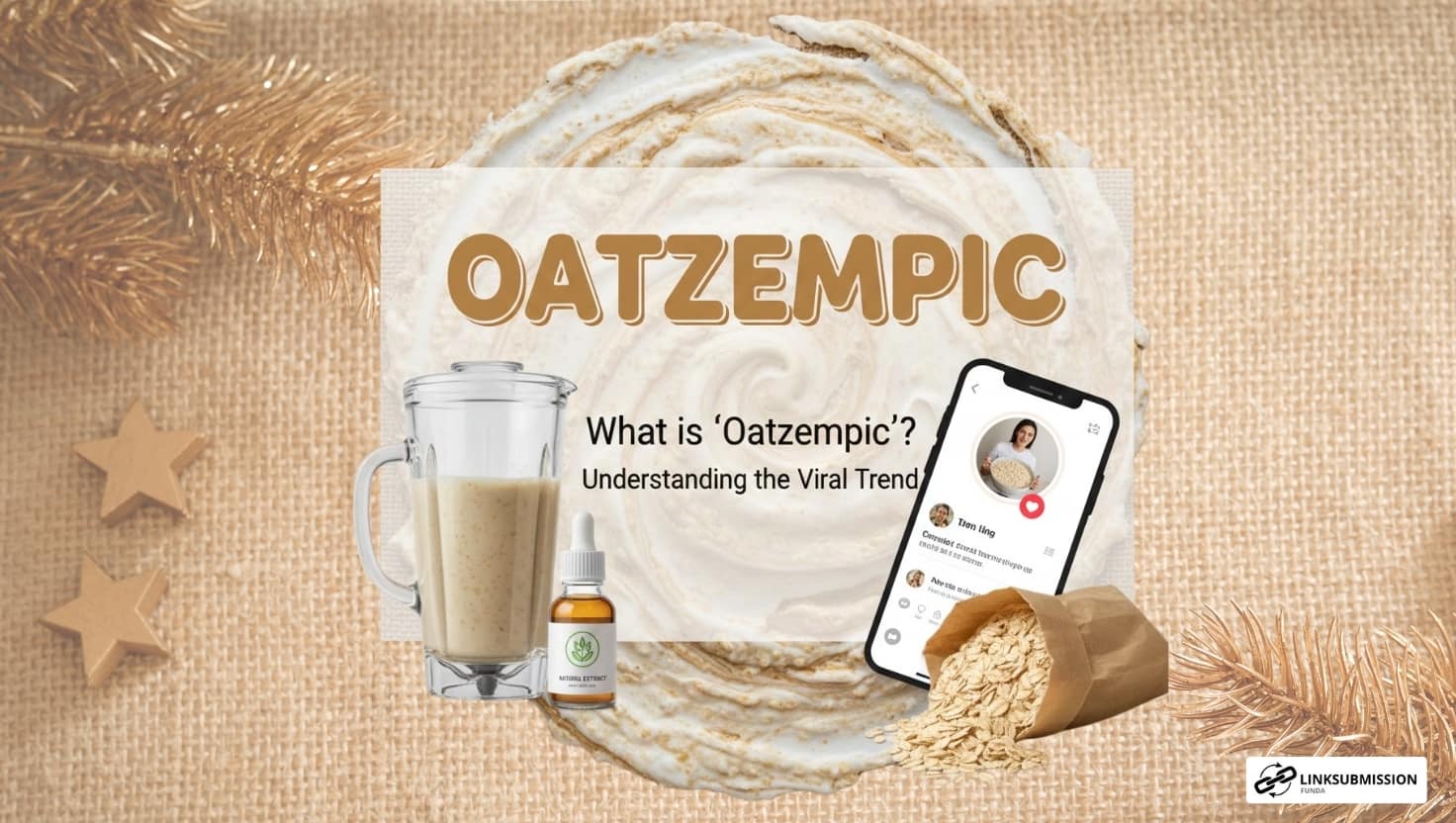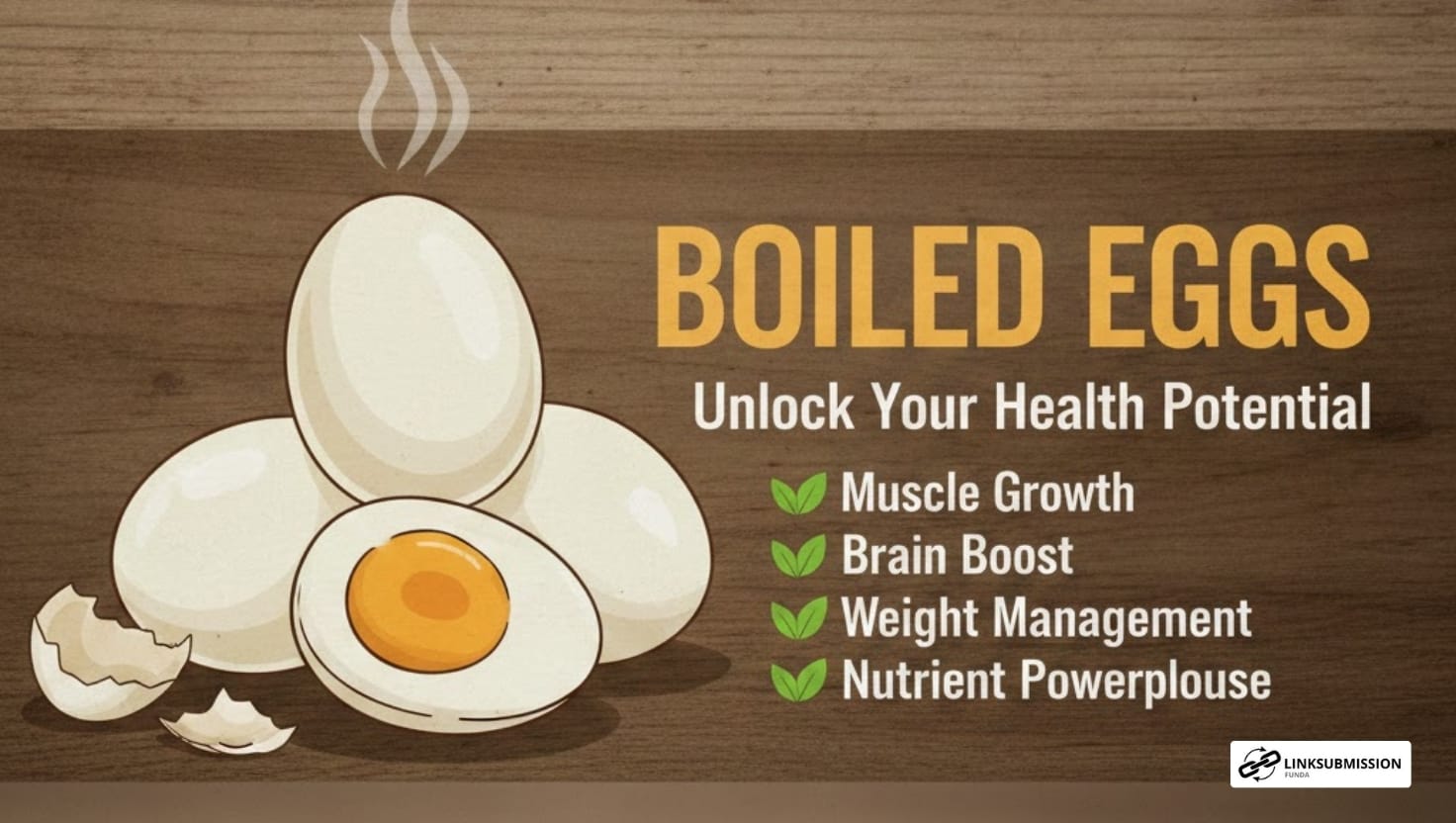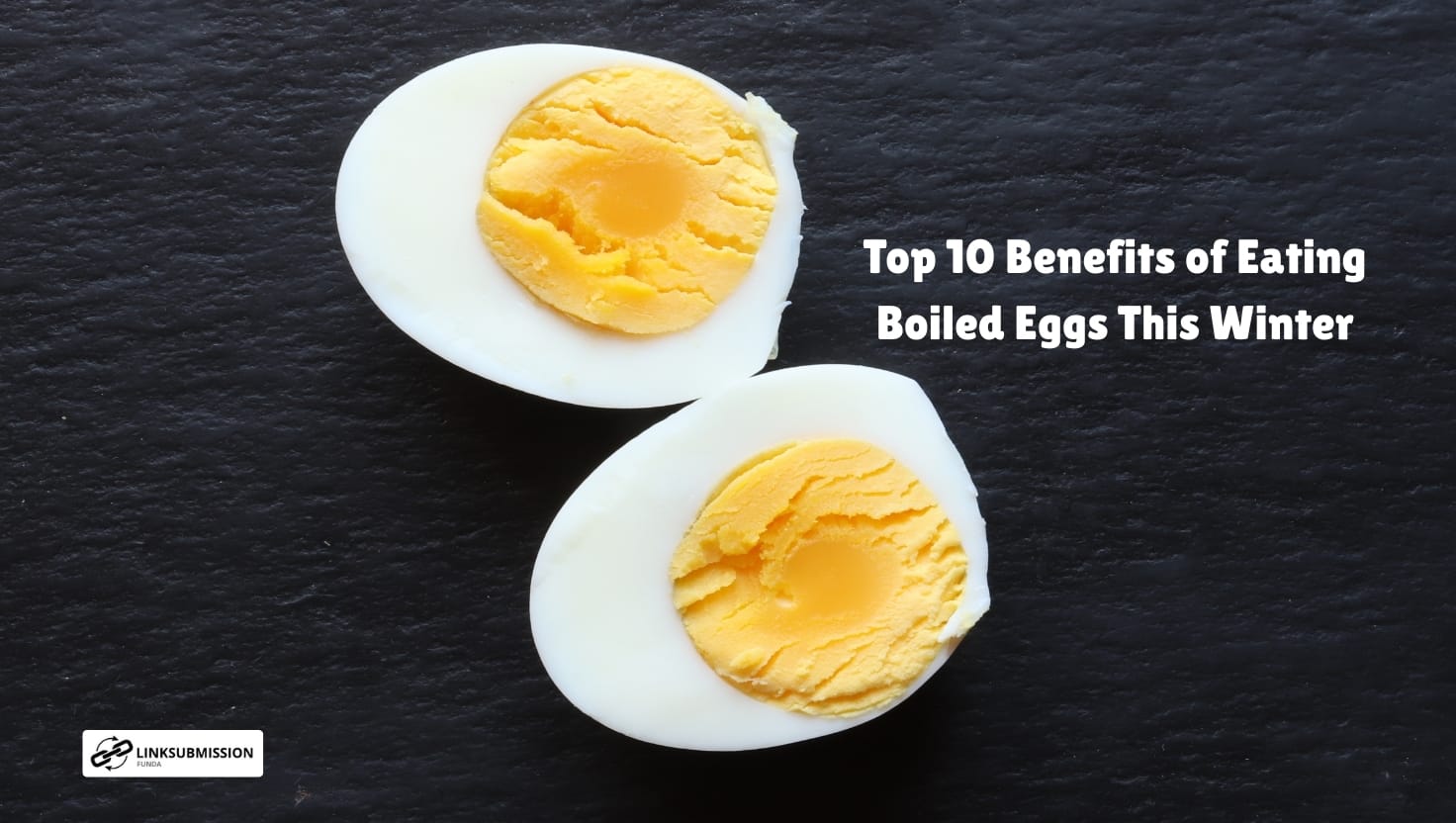When it comes to comfort foods that are both delicious and nutritious, peanut butter stands tall. This creamy (or crunchy, if that’s your preference) spread has transcended its role as a humble sandwich ingredient and found its way into smoothies, desserts, sauces, and even fitness routines. Packed with protein, healthy fats, and essential nutrients, peanut butter is not only a treat for your taste buds but also a boon for your body.
Let’s dive into the rich, nutty world of peanut butter and explore why it’s worth adding to your daily diet.
1. A Nutritional Powerhouse
Peanut butter is more than just a tasty treat — it’s a compact nutritional bomb. Just two tablespoons contain:
- Protein: About 8 grams
- Healthy Fats: Approximately 16 grams (mostly monounsaturated and polyunsaturated)
- Fiber: Nearly 2 grams
- Vitamins & Minerals: Including Vitamin E, Magnesium, Niacin (Vitamin B3), and Potassium
This makes it an excellent option for those looking to boost their protein intake, especially vegetarians and vegans. It also provides a feeling of fullness, helping curb hunger between meals.
2. Great for Weight Management
Despite being calorie-dense, peanut butter can actually aid in weight management. The combination of protein, healthy fats, and fiber helps promote satiety, reducing the likelihood of overeating later on. Numerous studies suggest that people who consume nuts or nut butter regularly tend to maintain a healthy weight more effectively than those who avoid them.
The key, of course, is moderation. Stick to the recommended serving size and avoid brands that add excess sugar, salt, or hydrogenated oils.
3. Supports Heart Health
Peanut butter is rich in heart-healthy fats, particularly monounsaturated fats, which help lower bad cholesterol (LDL) and raise good cholesterol (HDL). It also contains resveratrol, an antioxidant found in peanuts that may improve cardiovascular function.
Magnesium and potassium present in peanut butter help regulate blood pressure and maintain overall cardiovascular health, making it a heart-friendly food choice when consumed responsibly.
4. Boosts Energy Naturally
Need an afternoon pick-me-up or a pre-workout energy boost? Peanut butter is a slow-digesting fuel source that provides sustained energy. Its combination of fats, carbs, and protein makes it an ideal snack to keep your energy levels steady without the crash that comes from sugary snacks.
Try spreading peanut butter on whole-grain toast or adding it to a banana for a quick and balanced energy boost.
5. A Friend to Fitness Enthusiasts
Peanut butter is a staple in many fitness meal plans for a reason. It provides the protein necessary for muscle repair and growth, and the healthy fats help the body absorb fat-soluble vitamins like A, D, E, and K.
Post-workout, a peanut butter smoothie or a spoonful with some fruit can help replenish your body’s energy stores and support muscle recovery.
6. Versatility in the Kitchen
Peanut butter isn’t just for PB&J sandwiches (although those are classic!). Here are some creative ways to include it in your meals:
- Smoothies: Add a tablespoon to your morning shake for creaminess and flavor.
- Oats & Breakfast Bowls: Stir it into oatmeal for a nutty, protein-rich twist.
- Dips & Dressings: Mix with soy sauce, ginger, and lime for a delicious Thai-style sauce.
- Baking: Use it in cookies, brownies, and protein bars.
- Snacking: Pair it with apple slices, celery sticks, or rice cakes for a quick snack.
Its culinary versatility makes it easy to incorporate into sweet and savory dishes alike.
7. Budget-Friendly & Long-Lasting
Compared to other protein-rich foods, peanut butter is relatively inexpensive and has a long shelf life. This makes it a great pantry staple for individuals, families, students, and athletes alike. Plus, a little goes a long way in terms of taste and nutrition.
Things to Watch Out For
Not all peanut butters are created equal. When shopping, look for:
- Natural or Organic peanut butter with minimal ingredients (just peanuts and maybe a pinch of salt).
- Avoid options with added sugars, hydrogenated oils, and artificial preservatives.
- Stir-before-use varieties might separate naturally but are often healthier.
Also, if you have a peanut allergy, opt for safe alternatives like almond, sunflower seed, or cashew butter.
Final Thoughts
From its rich taste and creamy texture to its impressive nutritional profile, peanut butter is a food that’s both indulgent and beneficial. Whether you’re looking to support your fitness goals, maintain heart health, or simply enjoy a tasty and satisfying snack, this nutty delight has you covered.
So go ahead, grab a spoon — just one or two spoonfuls — and enjoy the goodness of peanut butter. Your body (and taste buds) will thank you!





